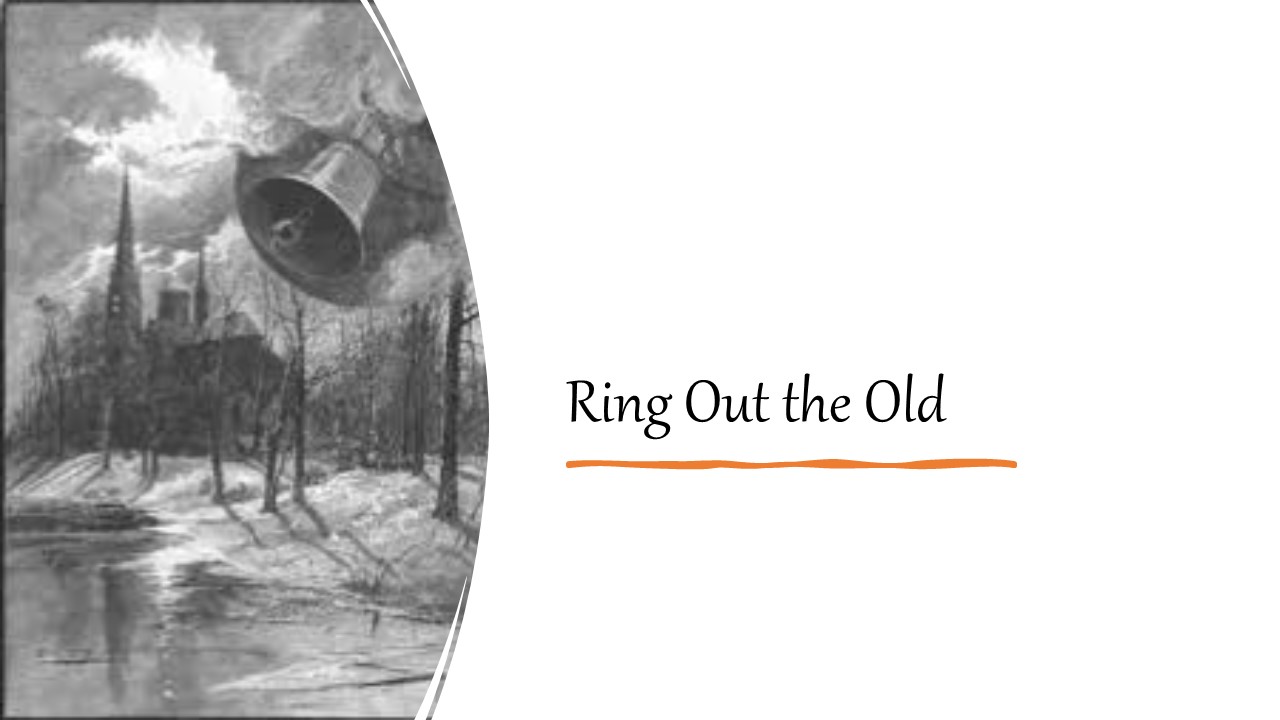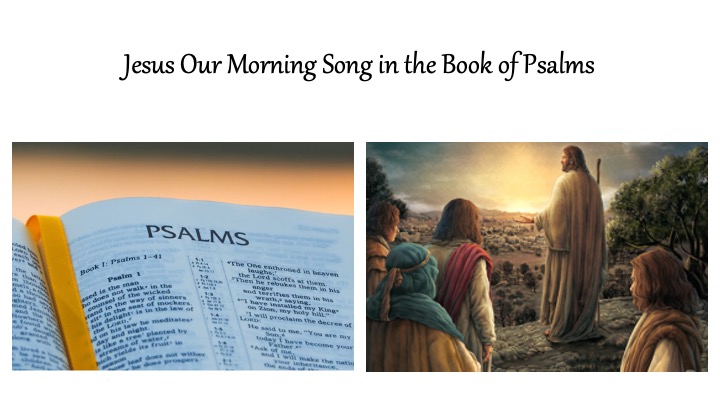In Luke 15, Jesus responds to criticism from the Pharisees and scribes regarding his association with sinners by telling three interconnected parables about lost things.
The first parable, the Lost Sheep, illustrates God's active pursuit of those who have strayed. A shepherd willingly leaves 99 sheep to find the one that is lost, symbolizing God's relentless love and willingness to go to great lengths to bring back even a single soul. The joyous celebration upon the sheep's return underscores the immense value God places on each individual.
Next, the Parable of the Lost Coin emphasizes the thoroughness of God's search for the lost. Just as a woman diligently searches her home for a missing coin, God seeks out those who are spiritually lost, even within the community of faith. The rejoicing upon finding the coin highlights the shared joy in heaven and on earth when a sinner repents.
The final parable, the Prodigal Son, is the most complex and emotionally charged. It depicts a son who rebels against his father, squanders his inheritance, and ultimately returns home in repentance. The father's unconditional love and forgiveness are central to the story. This parable speaks to the unlimited nature of God's grace and the importance of reconciliation and forgiveness within the community.
Collectively, these parables encapsulate Jesus' mission to seek and save the lost. They challenge the self-righteousness of the Pharisees and remind us of God's boundless love, mercy, and desire for all to return to Him. The parables also call for introspection and compassion, urging us to examine our own hearts and extend grace to others, as God has done for us.

Today, we replay Episode 19, from November 2020, “Gratitude in a Crisis,” part of our series “10 Ways to Thrive in Hard Times.” We...

We begin 2022 by reflecting on the importance of letting go of the past and pressing forward to the high calling from God for...

The Psalms serve as a timeless source of comfort and inspiration for believers worldwide, reflecting the range of human emotions and Christ's journey. These...